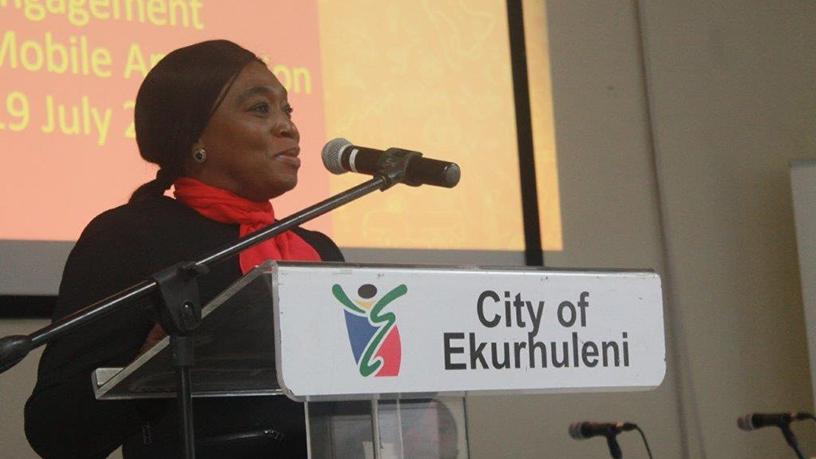
Vodacom has introduced a mobile app to help improve communication between the Eastern Cape Department of Education and public schools in the region.
According to the telco, the Principal Engagement/Teacher Engagement app will enable school teachers and principals to report daily incidents to the department timeously and simply.
It is hoped the app will address challenges that hinder effective service delivery and communication, and provide better administration, teaching and learning systems between the department and public schools, says Dinah Kheswa, acting managing executive for Vodacom Business Public Sector.
"Previously, communication channels have failed to clearly link schools to the department. As a result, this has caused some delays in resolutions to issues such as burst geysers and other incidents at schools.
"The app will require principals to fill in, and send nine forms to the department. These forms will answer questions relating to the number of learners at the school, the number of teachers, general information about the school, such as the address, and what the feeding scheme will be feeding the children on a particular day, as well as the lessons that will be provided.
"Most importantly, the app will allow principals and teachers to report any incidents that might have taken place at the school; information that the department would have only found out about on the news due to a lack of communication."
Kheswa says the app will in no way cut out the middleman with regards to the way schools communicate with the department but merely make the process of communication faster and better.
Problem-plagued province
The Eastern Cape, one of the poorest provinces in SA, has long been identified as among the worst-performing regions in education. Issues such as substandard infrastructure, lack of basic services, shortage of qualified teachers and communication breakdown are seen as barriers to quality education.
In his 2018/2019 policy budget speech, Eastern Cape education MEC Mandla Makupula stated there will be a bigger allocation towards investment in ICT, "to improve quality outcomes within the education system in the province and surrounding communities".
However, Makupula recently revealed in Parliament that only 945 out of the province's 5 421 schools had been connected to the Internet so far.
The DA's Eastern Cape shadow MEC for education, Edmund van Vuuren, had taken the department to task on its lack of urgency in implementing massive Internet-related programmes to address the structural poverty in the education system.
"All schools in our province should have WiFi connectivity available for learners, especially in the rural areas where many learners do not even have access to libraries. Online curriculum support materials and teacher training tools can be provided to facilitate onsite teacher and school development. Online platforms will provide a space for teachers to interact and facilitate knowledge-sharing," he said.
"In the Western Cape, a total of 1 236 out of 1 450 targeted schools were connected via the e-learning programme by the end of the 2017/18 financial year. The project also delivered more than 28 808 portable learner devices and has installed technology in more than 6 418 smart classrooms. WiFi currently covers every school, providing access to the Internet at no cost to the school."
Kheswa says initiatives such as the engagement app and other e-schooling platforms from the private sector will help leapfrog the province's technology ambitions. "Our children are, after all, the future, and we are doing all we can to ensure their level of education is of the best quality, so that they too may be successful in the future."
Share